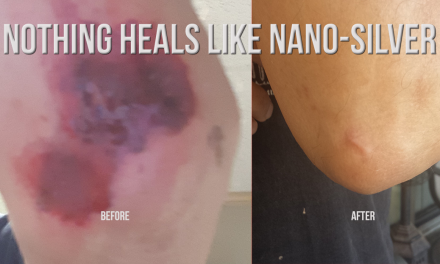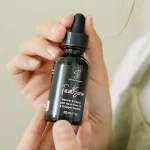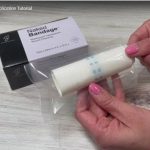- Take time for reflection. The introspective nature of winter provides an excellent opportunity for greater reflection and self-assessment. Take an honest look at where you are. At the same time, be gentle with yourself. If you are somewhat depleted, you may also feel more vulnerable and more susceptible to illness. Your emotions may be high, or you may be more sensitive than usual. See if you are able to accept yourself more fully in as many areas of your life as possible.
- Reduce stress. That will help you conserve energy and slow down unnecessary drains on your energy. Assess the type of stress you are experiencing—is it physical or emotional? Are you feeling stress from your environment, an illness, your work, or your relationships? Assess this and write down a few tips to help with your stress.
- Get quality sleep. Sleep involves both your state-of-mind and body chemistry. If you go to bed feeling stressed or laden with worries, even if you don’t normally have insomnia, your sleep may not have the quality it does when your mind is relaxed. Too much caffeine in the day can adversely affect sleep, as can alcohol at night, which initially can help people to sleep but can cause agitation during the night. On the other hand, I have patients who report that they sleep more deeply and more easily if they supplement with certain nutrients, such as calcium and magnesium. Other sleep helpers can be melatonin, amino acids L-tryptophan and 5-HTP, GABA, L-theanine, and herbs like valerian root and hops.
- Increase the relaxation in your life. Learn some relaxation exercises or practice yoga, Tai chi, Qigong, or Pilates exercises. These gentle practices can be done almost anywhere, regardless of the weather.
- Nourish yourself. In this still cold time of winter, provide your body with the extra raw materials it needs. Emphasize warming foods—more concentrated sources of fuel and nutrients, including whole grains and beans, nuts and seeds, seaweed, and quality proteins. In cold or damp weather, you also require a few more calories and spices such as ginger, garlic, and cayenne to heat your body.
- Be sure you’re getting enough Essential Nutrients. You also need some nutrient enhancement to protect you from the stresses of cold, wind, dampness, and the decrease in sunlight. [ This is the reason cod liver oil, containing vitamins A, D, and good fatty acids, was a staple in healthy families in the 19th century. ] The antioxidants are important, especially vitamins A, E, and C. Nutrients that address stress include the B complex vitamins (with B5 and B12), as well as the range of “smart supplements” now available such as alpha lipoic acid, phosphatidyl serine, and others.
Make sure you get enough friendly fats and oils—the essential fatty acids you all need to operate the nervous system, rebuild and protect your cells, and assure good brain function. Remember that these fats do not make us fat—in fact, you’re more likely to gain weight if you don’t have them, because the lack may increase your food cravings.
- Avoid over-indulgence. If you feel like you’re “running on empty,” it makes sense to give yourself a little extra nurturing. But don’t confuse self-care with self-indulgence. Continue to minimize sweets and simple starches and avoid the empty calories of junk food. Portion sizes may also be a factor in weight management through the winter. Provide yourself with quality nutrition and supplements rather than constantly jump-starting yourself with caffeine.
- Have fun. Laugh. Hang out with your most fun-loving and lighthearted friends, including animal friends. Simple pleasures are stress reducing and very healing.
- Make time for love. Touch and intimacy are also good for your health. If you’re not in an intimate relationship, get a massage, renew an old friendship, or make time for some close emotional interchanges with a trusted friend or family member.
- Nourish others. Notice how very deeply that nourishes you in return. Build giving into your life. Another important aspect of giving is remembering to keep reasonable limits or boundaries, so you don’t feel swallowed up or depleted by your generosity. That brings us full circle to the idea of conserving energy at the end of winter, in preparation for the rebirth of spring.
Ten Tips for Staying Healthy in Winter











